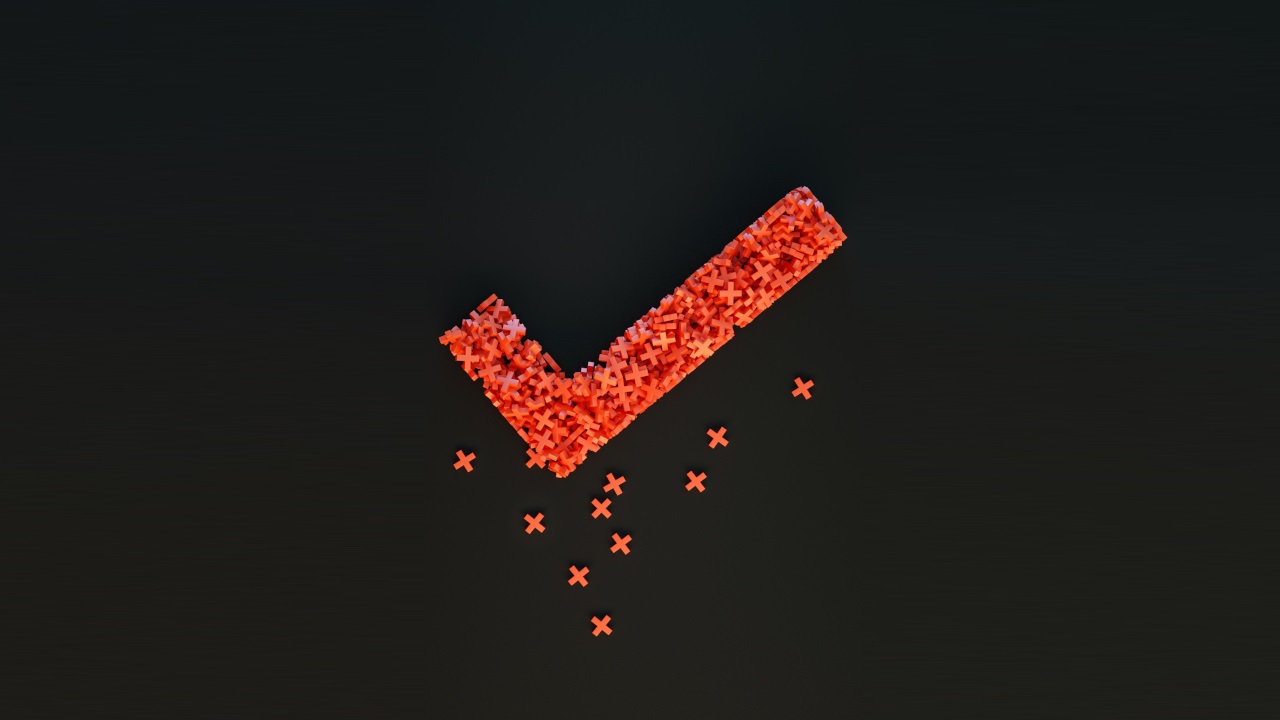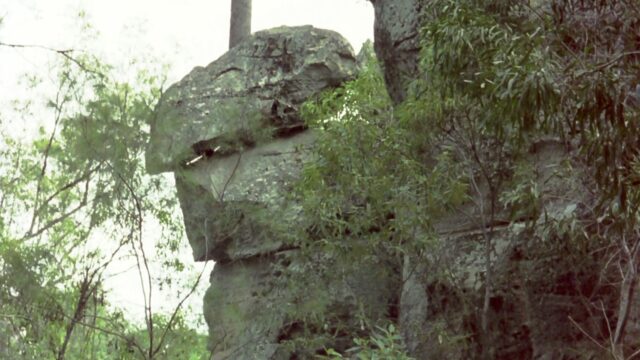
The paradox of arts-based interventions [Arts & culture in KM part 8]
This article is part 8 of a series exploring arts and culture in knowledge management.
Implementing arts-based interventions (ABIs) in organisations goes against everything we have been taught. We have been taught to be analytical, logical, rational, and efficient in our work. This means we don’t have time for games and “fooling around”, even if that would make us more effective and ultimately more efficient. We must be serious and so the implementation of ABIs which are playful and fun, and act as catalysts for team building, communication, collaboration, innovation, sustainability, culture change, and all the other things that are the documented benefits of ABIs, is a paradox and unreconcilable with the seriousness of the workplace.
At least that’s what most of us believe because we look at things as an either/or rather than a both/and situation.
But what if that’s not true?
What if it’s not an either/or situation? What if it’s a both/and situation?
We can be serious and be playful and still be efficient and effective, possibly more-so, especially in an increasingly volatile, uncertain, complex, ambiguous world?
I have a case study1 documenting an organisation that struggled over a problem for years coming together in studio for a week and solving the problem. I’ve had people who struggled had been struggling with a problem for months solve it by doing a 5-minute scribble drawing.
ABIs facilitate diffuse thinking and they open up the possibility for conversations that wouldn’t happen otherwise. Breaking down barriers, insecurities, and uncertainties and replacing them with curiosity and open-mindedness.
We need new ways of working, solving problems, innovating2: the old ways aren’t working anymore. Doing more of the same isn’t going to help.
Introducing arts-based interventions is a way to do that to improve collaboration, teamwork, problem solving, sustainability, and improve the way we work.
Just like we’ve relearned what is good for us to eat: 30 years ago, it was all about low fat and so our food was re-engineered to remove the fat, replacing it in many cases with sugar and chemicals. Now we know that sugar is even worse than fat. And fat, in fact, isn’t bad at all in moderation and so we’re learning to rethink about what we eat and how we approach food. Going back to natural items, limiting sugar and moderating fats. If we can relearn how we’re eating, we can relearn how we’re working.
What do you think?
Organisations are increasingly adopting agile thinking outside of the IT department. Stephanie Barnes uses creativity to help people become more comfortable working in this new work environment. Allowing them to flatten hierarchies, increase collaboration, and transparency, as well as improve employee engagement, not to mention solve problems in creative and innovative ways.
Art is used as a catalyst for doing things differently. Making decisions, learning to give up control, challenging assumptions, adopting the behaviours which allow people and organisations to be more agile: openness, curiosity, confidence, reflection, trust, and respect.
Integrating art, artistic attitudes, and a creative practice into our knowledge work/processes creates: Radical Knowledge Management. It enables the adoption of agile/flexible behaviours and culture change which in turn allows the digital transformation of our organisations, so that they are successful in our knowledge age future.
Get in touch with Stephanie, she can help your organisation (and you) realise your knowledge age potential.
Further information:
- Entelechy: The realisation of potential
- Stephanie Barnes Art (portfolio)
- Stephanie Barnes LinkedIn
- Stephanie Barnes Linktree
- Introduction to radical knowledge management: Making knowledge management sustainable (Business Information Review journal, 2022)
- Radical Knowledge Management: Using Lessons Learned From Artists to Create Sustainable Workplaces (Frontiers in Artificial Intelligence journal, 2021)

Article source: First published on LinkedIn, republished by permission.
Header image source: 愚木混株 cdd20 on Unsplash.
References:
- Barnes, S. (2021). Radical knowledge management: using lessons learned from artists to create sustainable workplaces. Frontiers in Artificial Intelligence, 4, 598807. ↩
- Barnes, S. (2022). Introduction to radical knowledge management: Making knowledge management sustainable. Business Information Review, 39(1), 32-35. ↩








Wonderful article from a great thought leader!
Thanks, Jordan, I’m glad you liked the article!
With 20 years experience in KM and 15 years making art, the benefits between the two for me are manyfold. I love what Stephanie is doing with Radical KM because it seems to overcome some of the limitations of more “work acceptable” approaches like interactive workshops, problem solving exercises and tactical exercises without troops (TEWTs). We are doing some experimentation with matrix games at the moment but even there, the learning is somewhat concrete rather than the true creativity of art based approaches. I have little doubt that moving to a both/and culture would be of great benefit, especially to organisations solving complex problems. I have not seen this culture outside of start-ups at this point in time though. More work to be done.
Thanks, Stuart, you’re right, moving to a both/and culture is a great benefit to all involved, and making space for unstructured creativity and learning through the use of arts-based interventions is too. There’s nothing wrong with being concrete, but we need to balance it with some open-minded curiosity, especially considering the current state of the world and our workplaces.
Creative approaches do reveal opportunities that. may not have been obvious at first. There may also be more than one way, one direction than we first thought of.
Absolutely! There are so many possibilities when we go in with an open-mind and curiosity, and see what happens rather than thinking we already know. So often, we just end up “rearranging the chairs on the Titanic” as a colleague used to say, using arts-based interventions opens us up to new possibilities.